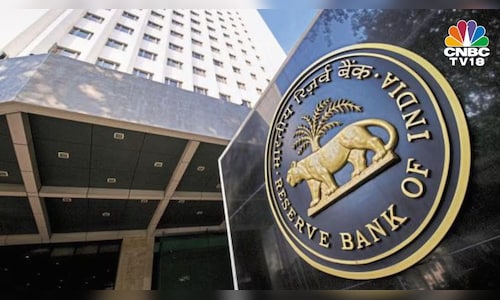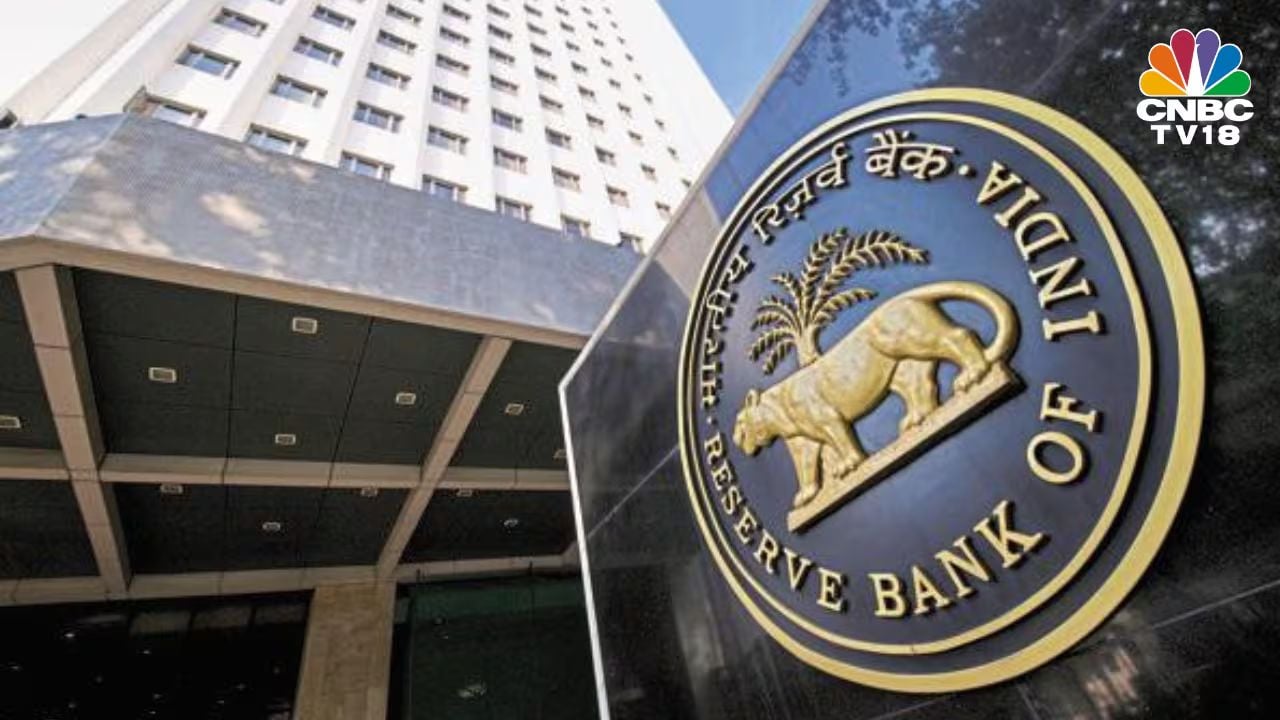

The RBI’s bold actions began early in the year with a significant decision against Paytm Payments Bank. The central bank barred the payment bank from onboarding new customers and accepting deposits, essentially halting its operations. This move stemmed from persistent violations of Know Your Customer (KYC) norms and governance shortcomings. Despite previous warnings, the RBI decided it had exhausted its patience, signaling that continued negligence would not be tolerated.
Shaktikanta Das, the former Governor of the RBI, emphasied the importance of constructive engagement with financial institutions but stressed that the RBI had no choice but to take severe actions when corrective measures were ignored.
“When such constructive engagement does not work, we impose supervisory or business restrictions,” Das stated. “These are always proportionate to the gravity of the situation.”
March witnessed further regulatory interventions, with two prominent financial firms, IIFL Finance and JM Financial, facing business restrictions. IIFL, a key player in the gold loan sector, was restricted from issuing new loans due to violations in gold valuation and loan-to-value ratios. Similarly, JM Financial faced penalties for governance lapses in its financing of IPOs and bond subscriptions.
In April, Kotak Mahindra Bank came under the RBI’s scrutiny due to data security issues and flaws in its IT systems. The RBI instructed the bank to halt onboarding new customers through its online channels and to suspend new credit card issuances until these concerns were addressed.
One of the most significant moves came in October when the RBI took action against several non-banking financial companies (NBFCs) in the microfinance sector. DMI Finance, Asirvad Micro Finance, Navi Finserv, and Arohan Financial Services were barred from disbursing new loans due to excessive pricing practices and non-compliance with regulatory guidelines. This was part of the RBI’s broader effort to protect consumers, especially the financially vulnerable, from exploitative practices.
Shaktikanta Das explained that the RBI had deregulated microfinance lending in 2022 with the expectation that competition would result in reasonable interest rates. Unfortunately, many NBFCs continued to charge exorbitant interest rates, sometimes as high as 45%, which the RBI could not tolerate, given the small means of borrowers.
While the RBI has occasionally lifted restrictions, such as in the case of Navi Finserv, which was cleared in just over a month, others like IIFL Finance and JM Financial faced prolonged restrictions, lasting several months. These moves indicate that while the RBI is willing to grant financial institutions a chance to rectify their mistakes, it will not hesitate to maintain its stance for those who fail to comply.
Why this sweeping crackdown?
According to Swaminathan J, Deputy Governor of the RBI, poor governance and unchecked greed have led to the downfall of many seemingly successful businesses both in India and abroad. The RBI has been increasingly focused on promoting good corporate governance practices and holding financial entities accountable for their actions. The central bank is now engaging more frequently with the boards and management of regulated entities to address concerns before they escalate.
Despite the RBI’s firm stance, the actions have drawn both praise and criticism. Some industry voices argue that these measures could stifle innovation, particularly within the fintech ecosystem. However, the RBI counters that the number of affected institutions is minimal, with stringent actions being reserved for the worst offenders to serve as a warning to the rest of the industry.
Swaminathan J further clarified, “Out of over 9,000 non-banking financial companies, only a handful have faced strict action. These are not punitive measures, but actions to protect customers, depositors, and the financial system at large.”
For India’s financial entities, 2024 served as a stark reality check. The RBI’s message is clear: it will no longer tolerate non-compliance, and financial institutions must adhere to regulatory norms or face the consequences. The actions taken throughout the year emphasise the importance of regulatory compliance and signal a shift toward greater consumer protection and transparency. Financial entities now face a choice: adapt to the new regulatory environment or risk facing severe penalties.
India’s financial sector has entered a new era where the cost of non-compliance will be too high to ignore. The RBI has shown that while it will allow institutions to rectify their shortcomings, its patience is finite. For the broader industry, 2024 is a wake-up call that cannot be ignored.



